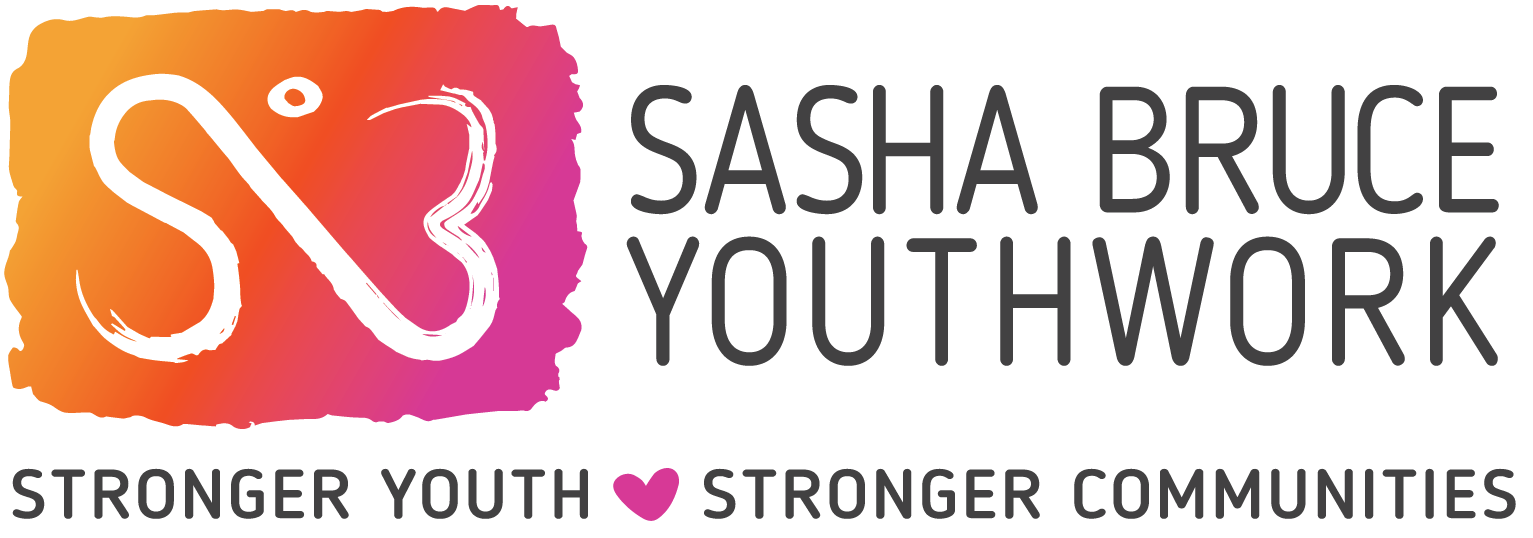Each year, the Metropolitan Washington Council of Governments has “counted” the number of homeless people in the DC area on one point-in-time. The 2015 report is hot off the press. What is the current condition – and the report’s recommendations – for homeless youth, young adults and their families?
This year’s point-in-time count occurred on January 28. With the help of Sasha Bruce outreach staff and others in the nonprofit and government sectors who visited shelters and combed public spaces in the DC area, we’ve got now a decent and useful “window” into the number of people living on the streets and in shelter or transitional living programs
The report tallies 11,623 homeless individuals on January 28. An unacceptably high number, though it represents a 3% decrease from 2014 count. The report gives credit for the decrease to a number of factors, not the least of which are better public support for the “housing first” model and better connection of chronically homeless individuals to permanent supportive housing.
Major themes from the report include:
1. an increase in the number of formerly homeless persons in permanent and permanent supportive housing;
2. the positive impact of shelter and homeless prevention services;
3. a shortage of living wage jobs continues to prevent homeless people from achieving housing stability.
The report makes a strong case for additional local and federal resources to increase affordable housing stock – particularly “no threshold” permanent housing for chronically homeless individuals and families.
But what about youth? We know that most homeless youth do not meet the definition of “chronic homelessness.” Thus, public policy focused—for laudable reasons—on helping chronically homeless adults to achieve permanently affordable, supportive housing may continue to neglect unaccompanied minors. Indeed, the report indicates that “accurately counting and addressing the needs of homeless unaccompanied youth remains problematic, not just for our region, but nationwide.”
So let us all use this important report as an opportunity to continue the fight against homelessness – and specifically to continue our call to policy-makers, philanthropists, foundations and our neighbors to build systems so that we prevent homelessness among youth through greater outreach and access to youth-specific emergency shelter, expanded family reunification and strengthening initiatives, competency-based youth development services and wrap-around supports, and better access for young people to educational opportunities, mentoring and job training.












